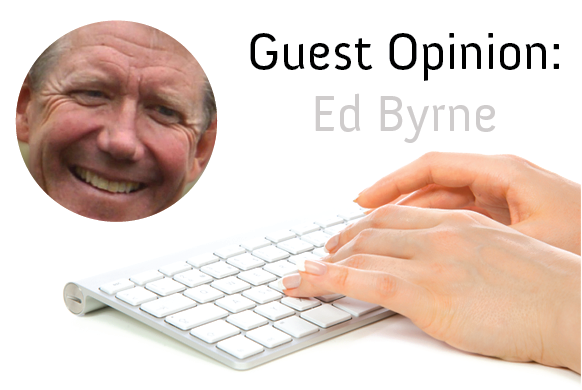I worry for Boulder’s heart and soul. Fear and loathing has never been Boulder’s muse. Until very recently. Reading the series of guest opinions and letters to the editor from representatives of PLAN-Boulder, I was filled with dread. Is there nothing we can do to make Boulder more sustainable, resilient and inclusive? Has making an effort to do so become just too hard?
When PLAN-Boulder was formed, Boulder faced many challenges and a dearth of proven solutions. PLAN, to their everlasting credit, thought outside the box and “created” alternatives: use of sales taxes to purchase open space, creation of the Blue Line, and imposition of a 55’ height limit, to name a few. These innovative land use policies have worked to make Boulder a better place.
Then, the Danish Plan (2% residential growth cap) was tried. This lead to unintended consequences. Though triggered in only a couple of quarters during its long run, the local growth caps altered regional land use patterns, converting many of our neighboring towns into bedroom communities, hard-wiring commuter patterns that persist today – even as our neighbors have evolved beyond their original predominantly residential nature.
Our interdependent economic region (workday commuter shed) has grown up, but it has also continued to suffer from the distortions caused by skewed real estate markets and clever citizens (outsmarting planners at every turn), who drove until they qualified and then wondered why the region’s transportation corridors couldn’t handle the resulting traffic.
In 1995, after the Danish Plan didn’t “kill the beast” (Boulder growth), PLAN proposed a 1% commercial growth cap. The business community’s “We Want to Stay” campaign convinced voters to defeat PLAN’s initiative, but PLAN’s argument that commercial growth is Boulder’s Achille’s heel has never died, even though PLAN never promised it would make Boulder “better,” only that, once implemented, Boulder might “get worse more slowly.”
Doing the same thing over and over again expecting a different result has been called the definition of insanity, but in Boulder, the “same thing” has been PLAN’s preferred approach: no/slow growth, opposition to density anywhere and everywhere, and insisting that any proposed project pay for all past deficiencies. Steering new development in ways that might make Boulder “better” has been derided as sleeping with the enemy.
Moving forward while preventing approval of mixed use village centers and strategically located density within our existing single-use Euclidean zone districts will cause us to continue to fall behind – not because we’re trying too hard, but because it will mean we’ve stopped trying at all.
Boulder has a history of trying great things, daring to be different. Now, daring greatly requires restoration of the only planning approach that has stood the test of time: walkable neighborhoods that are primarily self-sufficient, allowing residents to work, shop and play closer to where they sleep. Otherwise, we will have to continue driving practically everywhere to do just about anything.
The community challenges we must face (inclusivity, lack of work force and middle-income housing, air pollution, social justice, economic resiliency, environmental sustainability, etc.) are hard. PLAN faced similarly daunting challenges and fear of the unknown in the early 1970s, but they swallowed hard and ventured courageously into the unknown. We must do the same.
When PLAN was fearless, they were creative. Many of their early initiatives have made Boulder the wonderful community we now enjoy, but we have to think differently to reconfigure the fossil fuel- and auto-dependent single-use zone districts we’ve built in Boulder and up and down the Front Range since the end of WWII.
Effective solutions exist. Shrink-wrapping Boulder in its current dysfunctional land use pattern is not the answer. What Boulder really needs are “complete” neighborhoods. It really does take a village. We need to start building them again. Density is the new open space that will secure our future.
Prolonging the agony, when we know what’s wrong with our current human settlement patterns and how they can be reconfigured, is not necessary.
Boulder is a suburb. Suburbs are a failed concept. They require automobiles and fossil fuels and they foster selfish behaviors. They have no place in future human settlement patterns. Here or elsewhere. From this day forward. Forever and ever. Amen.
Ed Byrne, [email protected]

